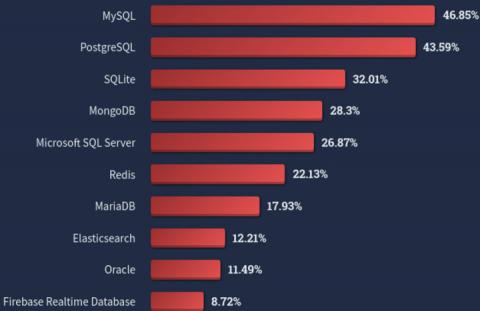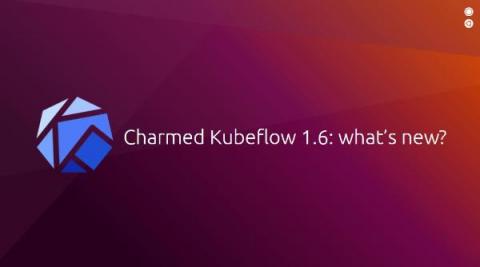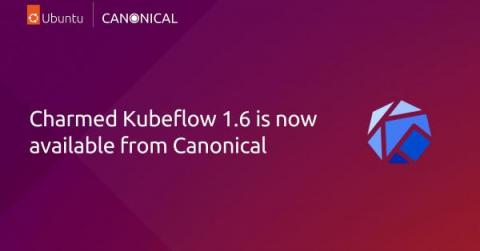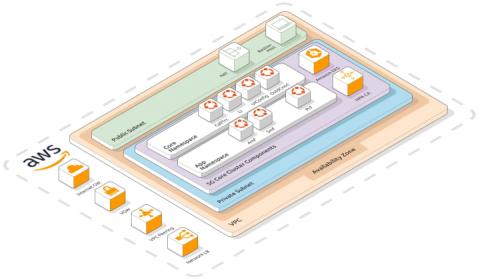Should you use open-source databases?
You are not the only one asking this seemingly popular question! Several companies are torn between the rise in appeal of open-source databases and the undeniable challenges inherent to their adoption. Let’s explore the trends, the drivers and the challenges related to open-source database adoption.











